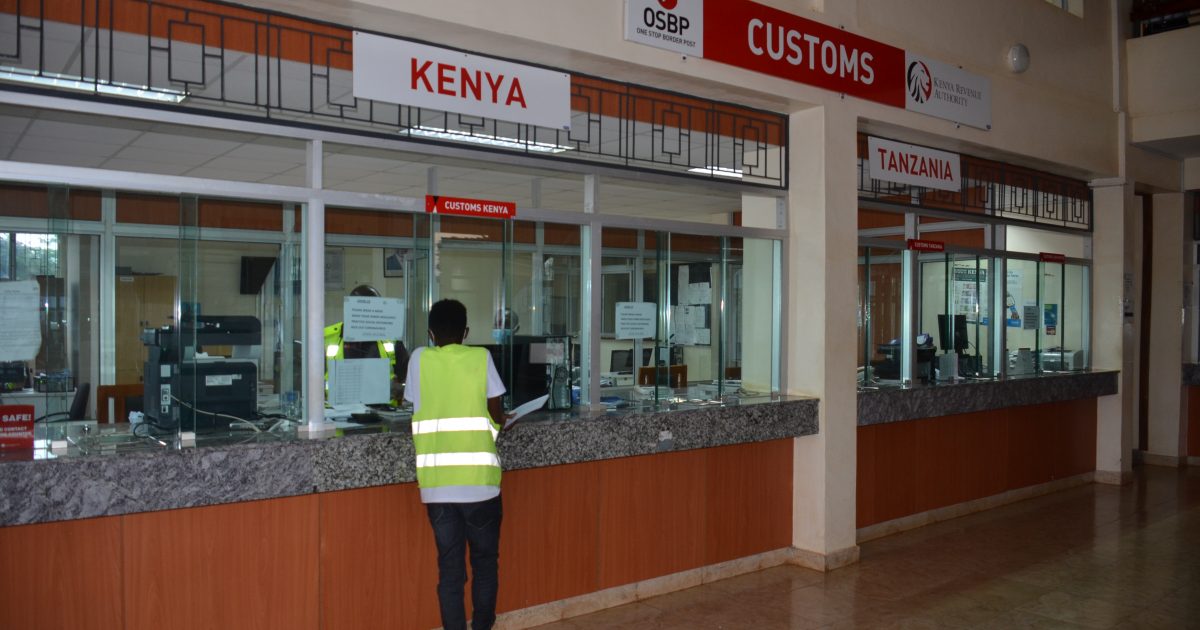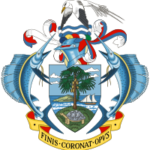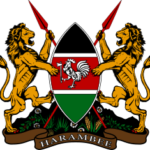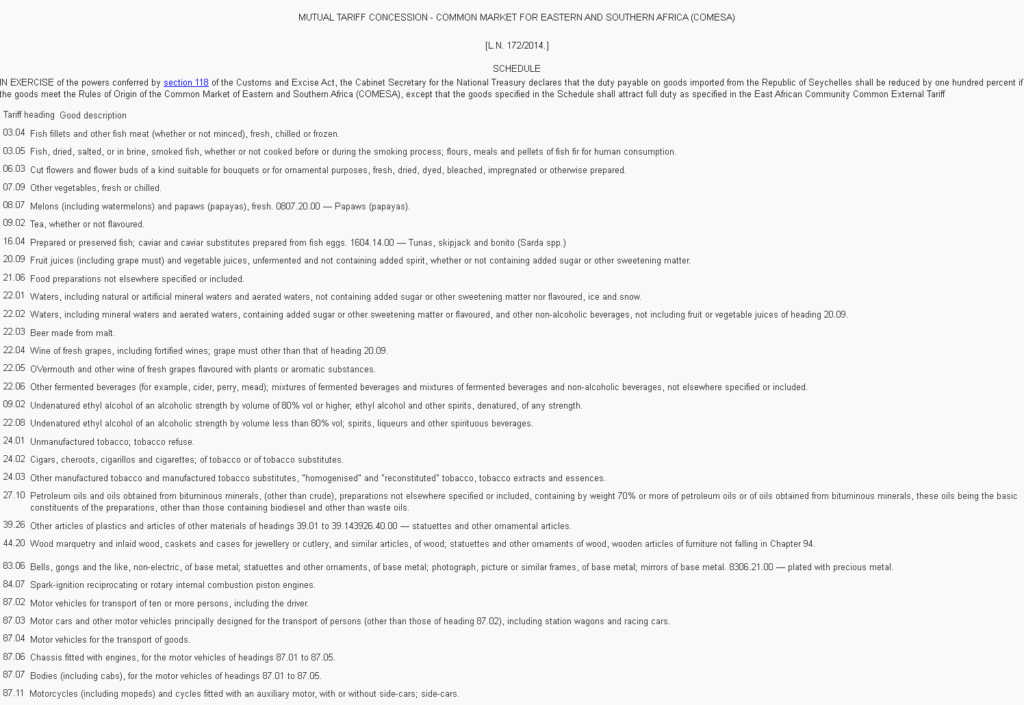
Exercitation ullamco laboris nis aliquip sed conseqrure dolorn repreh deris ptate velit ecepteur duis.
Exercitation ullamco laboris nis aliquip sed conseqrure dolorn repreh deris ptate velit ecepteur duis.
 Case study
Case study
Project name
Non-tariff barrier resolution negotiation between the Republic of Seychelles and the Republic of Kenya under the Common Market for Eastern and Southern Africa (COMESA) free trade area
Period
September – December 2014
Stakeholders


In 2009, the Republic of Seychelles became a member of the COMESA free trade area. The country has a specific list of products, including certain agricultural products, alcohol, and tobacco, which are subject to customs duty. The customs duty on these products would either stay the same or gradually reduce in the coming years (cf. Seychelles’ accession – WTO notification).
The benefit of the FTA membership is to access other COMESA FTA markets on a duty-free, quota-free basis.
However, as of 2014, Kenya still did not recognised Seychelles as a member of the COMESA FTA and still levied duties on Seychelles originating goods.
The Seychelles government attempted to resolve the issue through a bilateral amicable process.
Further exploratory investigation, it was found out that Kenya had not updated its customs legislation to add Seychelles as a beneficiary of the COMESA preferential treatment.
The Seychelles government has requested a bilateral meeting with Kenya to address a matter on the sidelines of the upcoming 1st meeting of the COMESA NTB Committee. They have requested the COMESA Secretariat to service the meeting to ensure that the outcomes of the bilateral meeting are recorded and implemented.
As a result of the bilateral negotiations, the COMESA Secretariat has acted as a trustee of the NTB resolution roadmap.
Four months later, at the December 2014 Council of Ministers, the Kenya delegation announced that the amending legislation had been promulgated and the issue was deemed resolved.

After carrying out an in-depth analysis of the EAC and customs laws, as well as of the COMESA records of the Seychelles’ accession to the FTA, we identified a deficiency in the Kenyan law due to a loophole in the Seychelles accession package.
It was decided to use the upcoming institutional agenda to address the matter with both transparency, diplomacy and a level of discretion.
Throughout the process, we maintained open communication channels with both Kenyan governmemnt and the COMESA Secretariat, updating them on the progress of the negotiations and seeking their feedback on our approach.
After each round of consultations, we assessed the progress made and adjusted our strategy accordingly to ensure that the negotiations moved forward in a constructive manner.
[Mr. Gérout]'s technical knowledge and mastery of the subject has enabled him to provide accurate infbmation and robust advice to the Government.
Amb. Barry Faure, Secretary of State, Ministry of Foreign Affairs

